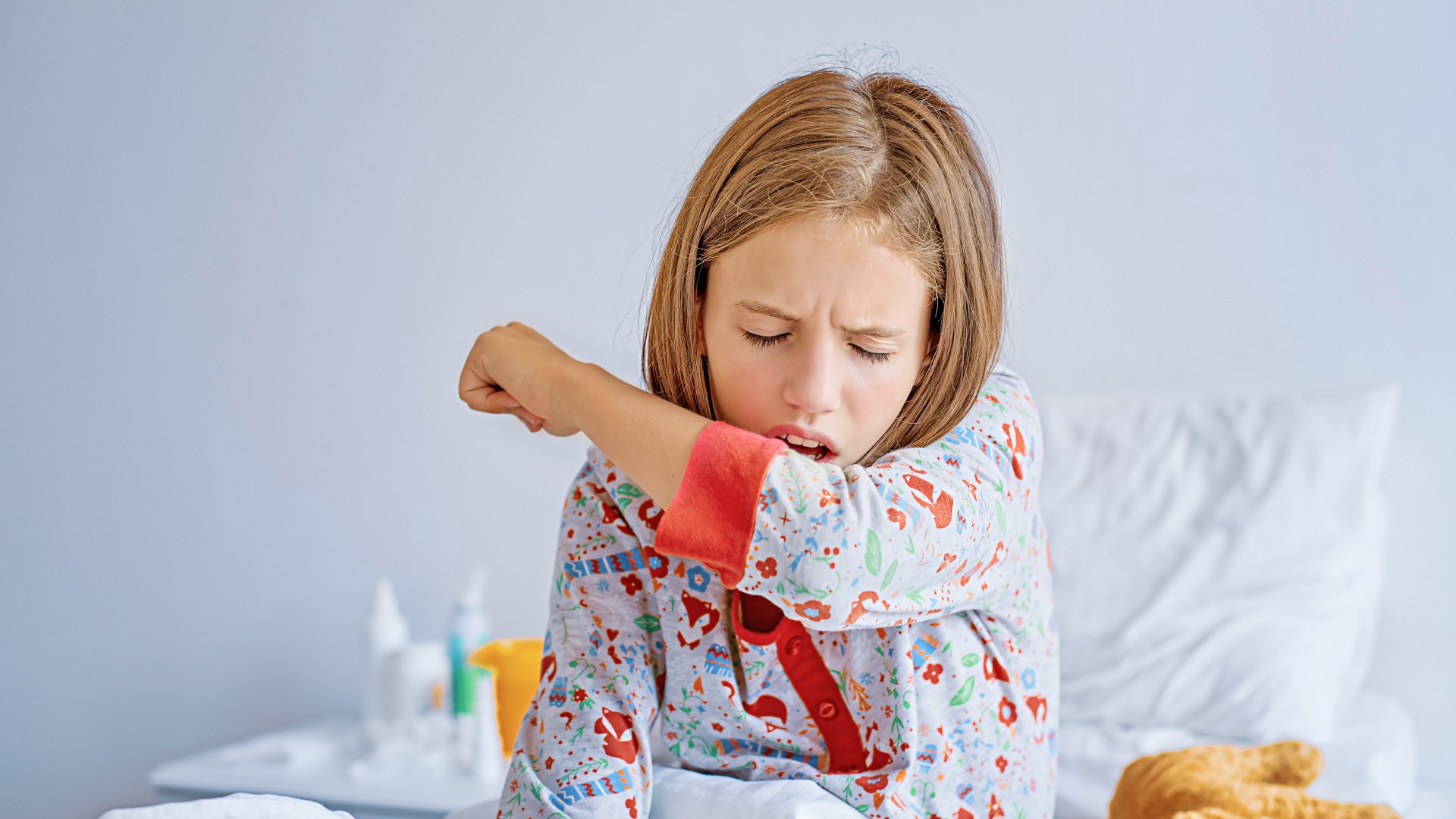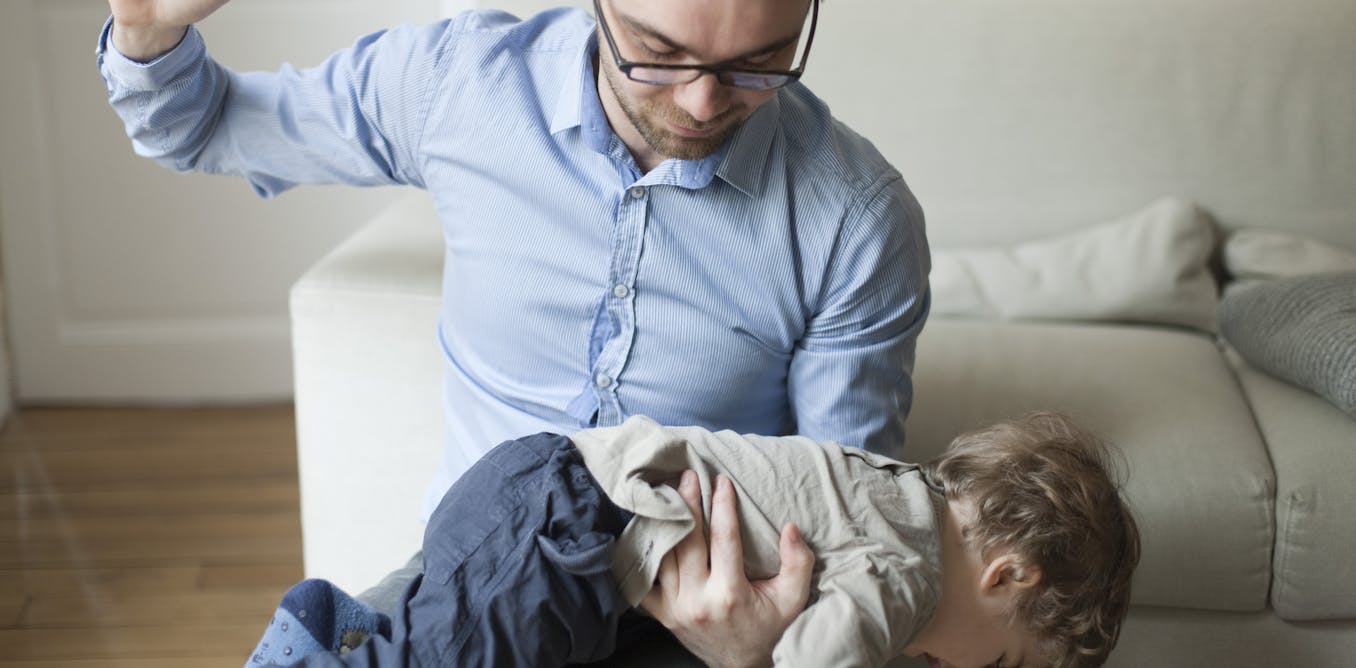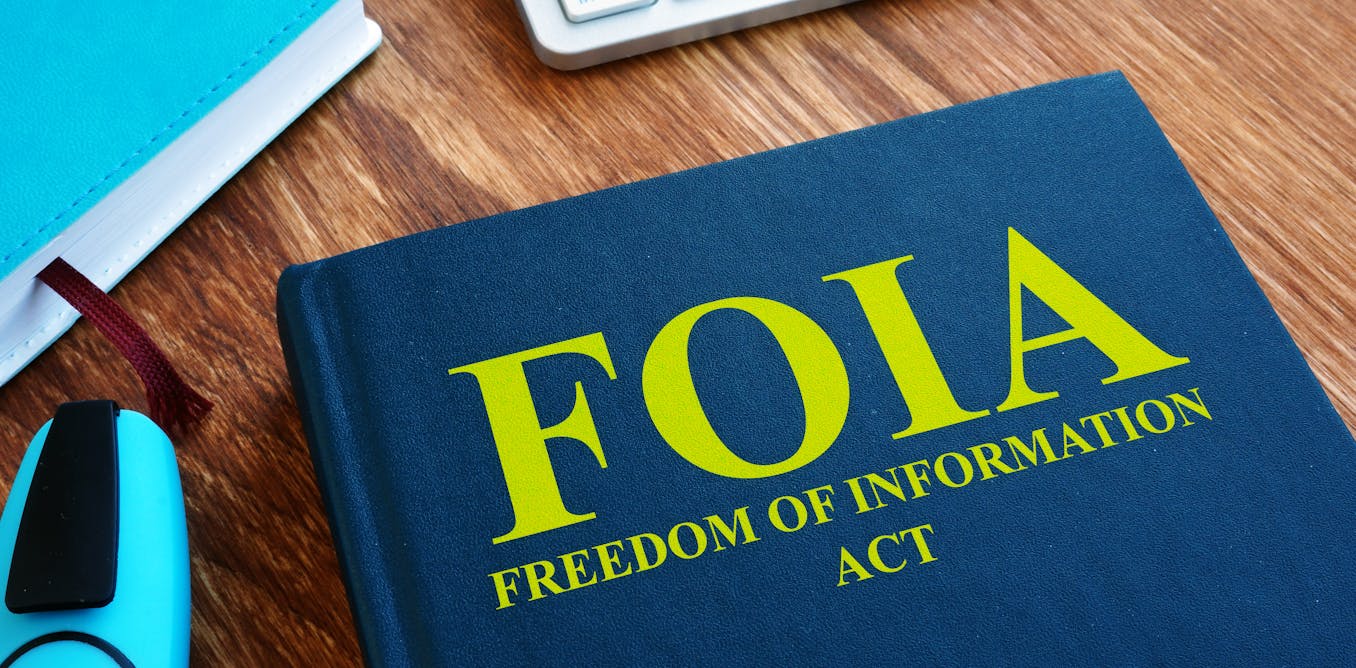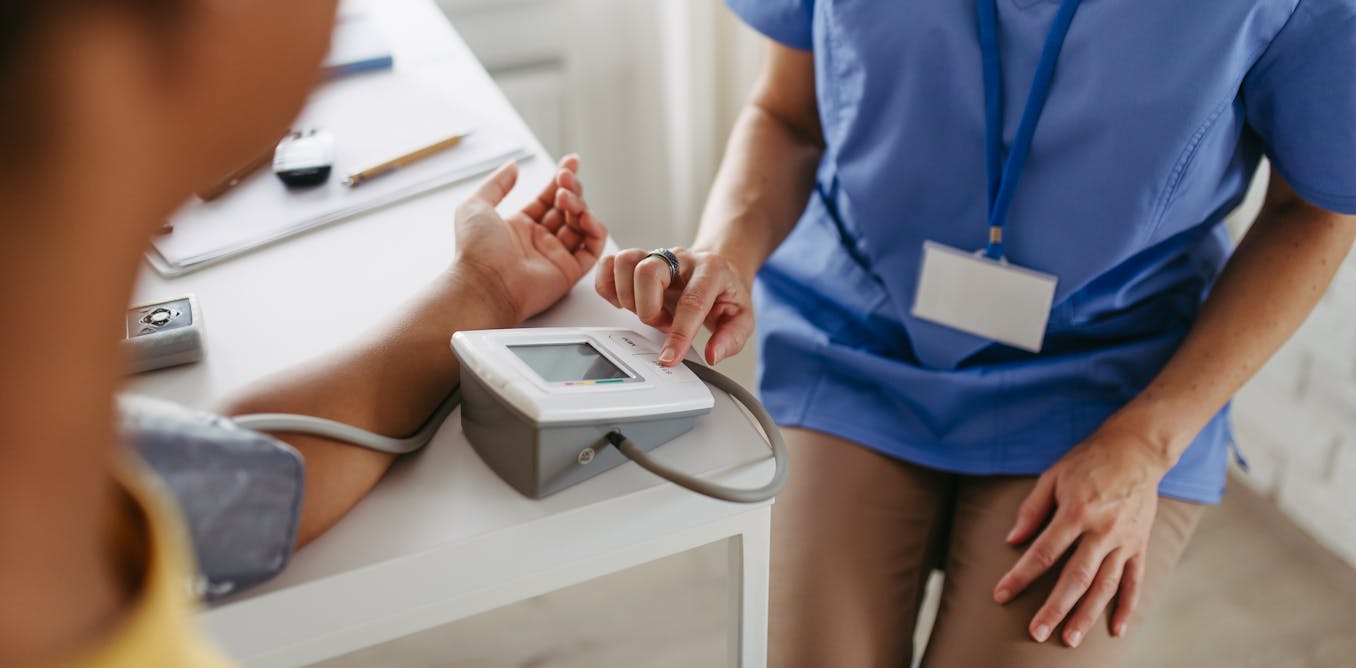SUMMER now feels like a distant memory, with schools fully back in session and the weather taking a chilly turn.
For many parents, this also heralds that time of year when their tots seem to pick a never-ending assortment of coughs, colds and flu-ey ailments.
2
Sometimes treating your little one can feel like a guessing game.
It can be hard to know what medicine will put an end to your child’s snotty nose, earache or fever.
And according to lead pharmacist at online pharmacy Chemist Click, Abbas Kanani, you shouldn’t give some drugs to your little one at all if they’re under a certain age.
Abbas revealed what medications parents can use to treat the most common conditions kids might catch during the cold and flu season, and which ones to avoid.
Read more on coughs and colds
1. Paracetamol (to treat a high temperature)
It’s super common for your little one to get a fever.
“If your child or baby has a high temperature, you can usually look after them at home. The temperature should go down over three or four days,” Abbas said.
But the pharmacist warned that if you have aspirin lying around, you shouldn’t give it to your little ones under a certain age.
“Do not give aspirin to children under 16 years of age,” he stressed.
Paracetamol is a better option to go for.
“I advise adding ibuprofen if the temperature is not coming down with paracetamol alone,” Abbas said.
But he added: “Children’s paracetamol or ibuprofen can be effective for high temperatures; however, you must check with a pharmacist, GP or health visitor first.”
You shouldn’t give regular paracetamol to children under two months old, the pharmacist said.
As for ibuprofen, this should be avoided for tots younger than three months or if they weigh less than 5kg (11lbs), Abbas said.
“Do not give ibuprofen to children with asthma unless it’s been recommended by a doctor,” he added.
“You should always follow the instructions on the packet.”

2
2. Decongestants (for a blocked nose in older children)
As there are hundreds of different cold viruses circulating – and children are still building their immunity – it’s normal for your little one to get eight or more colds a year.
They tend to be easily treated at home, but they can be a nuisance.
Over-the-counter remedies can be a huge help, but they shouldn’t be given to young children, Abbas warned.
The pharmacist said: “Children under the age of six should not have over-the-counter cough and cold remedies, including decongestants, unless advised to by a GP or pharmacist.”
3. Saline solution (for a blocked nose in younger children)
A stuffy nose is one of the most annoying features of colds, especially when your little one isn’t good at blowing their schnoz.
If your child has a blocked nose, Abbas advised giving them saline drops.
“Saline nose drops can help loosen dried snot and relieve a stuffy nose,” he said.
NHS guidance says the best thing you can do to treat your little one’s cold is to make sure they rest and drink plenty of water to avoid dehydration.
“Decongestants should not be given to children under six,” it advised, and “children aged six to 12 should take them for no longer than five days”.
You should make sure not to give your kid cough and cold medicines if they’re taking paracetamol and ibuprofen tablets.
“Cough and cold medicines often also contain paracetamol and ibuprofen so it can be easy to take more than the recommended dose,” the NHS explained.
4. Ibuprofen (for a temperature or earrache)
“If your child has earache, with or without a high temperature, you can give them paracetamol or ibuprofen at the recommended dose,” Abbas said.
The NHS also recommended placing a warm or cold flannel over their ear.
But you shouldn’t put any cotton buds down your tot’s ear or try to remove any earwax they have.
It’s also important to not let water get into their ear.
Pharmacists previously told Sun Health which cold and flu medicines are worth spending your money on – and what to give a miss.
And an ingredient found in popular over-the-counter cold medicines like Sudafed PE and Boots Cold & Flu capsules has been deemed ineffective by a panel of drug experts.
How to stop your child falling victim to nasty winter bugs
IT’S that time of year where parents brace themselves for an onslaught of winter bugs.
As a parent, you may feel helpless in stopping your tot from getting sick.
Cheryl Lythgoe, a matron at Benenden Health, tells Sun Health: “This time of year, there are so many bugs and beasties around that it feels inevitable to encounter someone with a cold.
“Children are magnets for many infections because they play in close proximity, will often put things in their mouths and often don’t wash their hands effectively.”
But there are certain measures you can take to make your tot less likely to pick up colds, RSV, the flu or Covid.
From keeping up to date with routine jabs to teaching your tot hygiene tips and boosting their immunity through meals, here are six ways you can help protect your child from winter bugs.
1. Get your jabs
2. Teach hygiene tips
3. Be wary of cuddles
4. Eat the rainbow
5. Get them moving
6. Prioritise sleep
For more details, read the full story.




